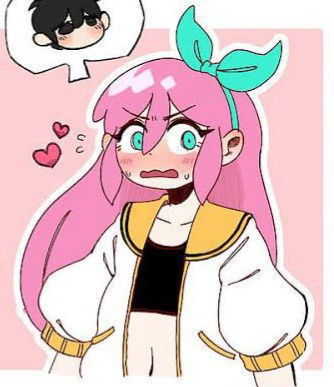Let's delve into some of the most memorable characters who embody the "cold" archetype. These individuals, across various genres, have left an indelible mark on anime history:
Levi Ackerman (Attack on Titan)
Arguably one of the most popular characters in modern anime, Levi Ackerman is the epitome of the stoic, emotionally reserved warrior. As humanity's "Strongest Soldier," Levi carries the immense burden of fighting Titans and protecting the remnants of mankind. His demeanor is gruff, his language often blunt, and he rarely shows outward emotion, even in the face of horrific carnage.
Levi's coldness is a direct result of his harsh upbringing in the Underground City and the constant, brutal losses he's endured. He values efficiency and discipline above all else, often appearing ruthless to his subordinates. Yet, beneath the surface, Levi possesses a deep sense of loyalty and a profound, albeit rarely expressed, care for his comrades. His iconic line, "I don't like it when people die pointlessly," hints at the immense weight of responsibility he carries and the personal cost of his duty. His meticulous cleaning habits, often seen as an odd quirk, can be interpreted as a coping mechanism, a way to impose order on a chaotic world.
Sasuke Uchiha (Naruto/Naruto Shippuden)
Sasuke Uchiha's journey is a masterclass in character development, largely defined by his descent into coldness. Driven by a singular obsession with avenging his clan by killing his brother, Itachi, Sasuke isolates himself emotionally. He abandons his friends, his village, and his own well-being in pursuit of power.
His early interactions are marked by arrogance and a dismissive attitude towards those who try to get close. He views emotional connections as weaknesses that hinder his goal. The massacre of his clan by Itachi left him deeply scarred, fostering a profound sense of emptiness and a belief that only revenge could fill it. His pursuit of power leads him down a dark path, embracing Orochimaru and later joining Akatsuki. However, even in his coldest moments, glimpses of his past self and his lingering connections to Naruto and Sakura occasionally surface, adding layers to his complex character. His eventual realization and attempt at redemption make his arc one of the most compelling in shonen anime.
Sebastian Michaelis (Black Butler)
Sebastian Michaelis, the demonic butler of the Phantomhive estate, embodies a sophisticated and chilling form of coldness. Bound by contract to serve Ciel Phantomhive, Sebastian operates with impeccable grace, efficiency, and an unnerving lack of genuine emotion. He is polite, articulate, and seemingly devoted, but his actions are always driven by the terms of their pact and his own infernal agenda.
Sebastian's coldness isn't born from trauma but from his very nature as a demon. He views humans with a detached curiosity, often finding their emotions and struggles amusing or pathetic. His politeness is a mask, a tool to manipulate and maintain control. While he occasionally displays moments that could be interpreted as concern for Ciel, these are often ambiguous, leaving viewers questioning his true motives. His perfection is unsettling; he never falters, never shows fear, and his power is always held in reserve, making him a truly formidable and captivatingly cold presence.
Sesshomaru (Inuyasha)
Sesshomaru, the elder half-brother of Inuyasha, is a powerful demon lord who initially embodies pure, unadulterated coldness and disdain for humans and his own half-demon brother. He believes in the strength of demons and views lesser beings with contempt. His demeanor is regal, aloof, and utterly dismissive of anything he deems beneath him.
Sesshomaru's coldness stems from his pride and his belief in demonic purity. He despises his father's association with humans and resents Inuyasha for inheriting the Tetsusaiga, a sword meant for a full-blooded demon. He is driven by a desire for power and a need to prove his superiority. However, his encounters with the human girl Rin begin to subtly chip away at his icy facade. His decision to protect Rin, even at great personal risk, marks a significant turning point, revealing a capacity for something beyond pure demonic ambition. His evolution from a purely cold antagonist to a more nuanced character is a testament to the power of connection.
Reiner Braun (Attack on Titan)
Reiner Braun presents a particularly tragic and complex case of coldness, intertwined with immense psychological trauma and a fractured identity. As a Warrior from Marley, Reiner infiltrates Paradis Island, tasked with reclaiming the Founding Titan. He operates under immense pressure, constantly switching between his role as a soldier and his perceived identity as a "good German soldier."
Reiner's coldness is a coping mechanism for the horrific acts he commits and the guilt he carries. He suppresses his humanity to fulfill his mission, leading to a severe dissociative disorder. He often appears stoic and dependable to his comrades on Paradis, but his internal struggles manifest in moments of detachment and existential despair. His famous line, "I'm just a soldier," is a desperate attempt to rationalize his actions and distance himself from the atrocities he's committed. Reiner's character forces viewers to confront the brutal realities of war and the psychological toll it takes, making his cold exterior a deeply sympathetic portrayal of a broken individual.

